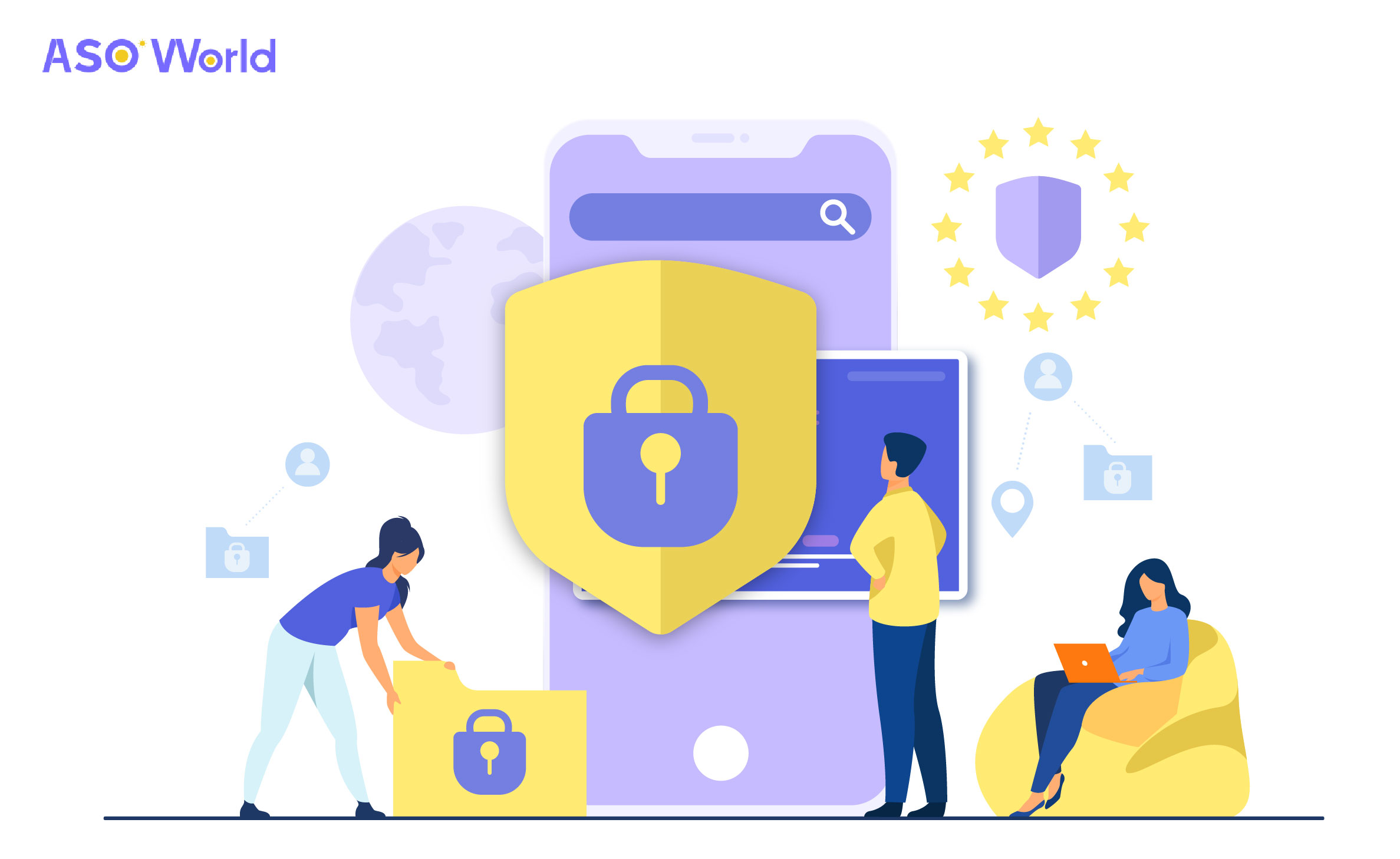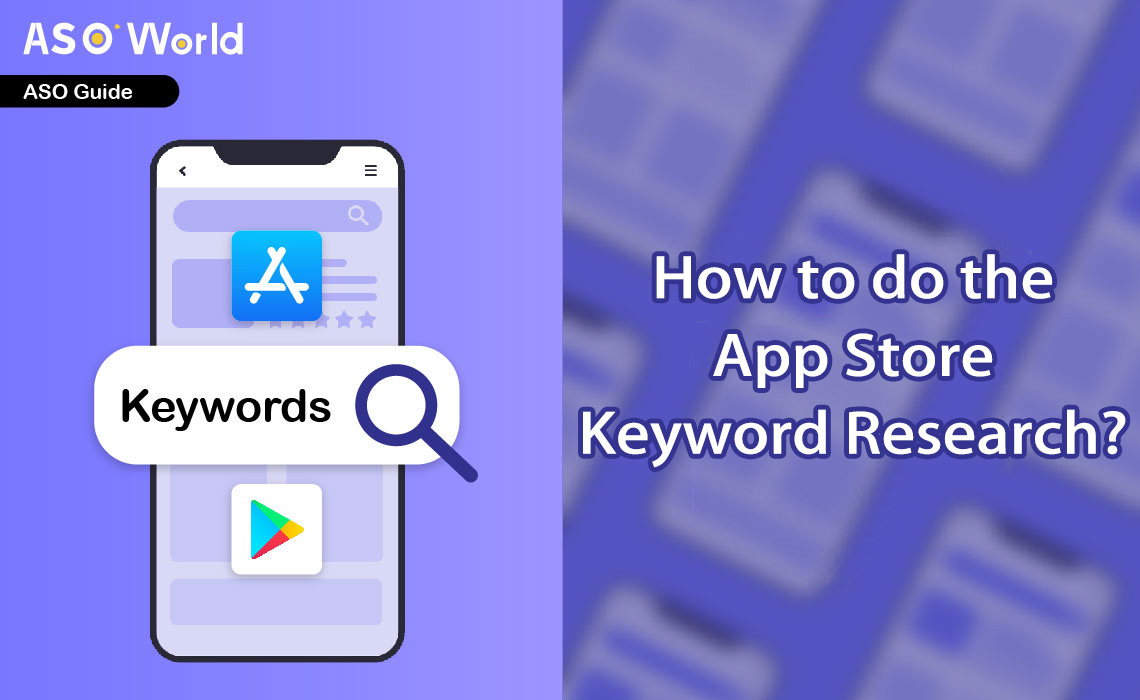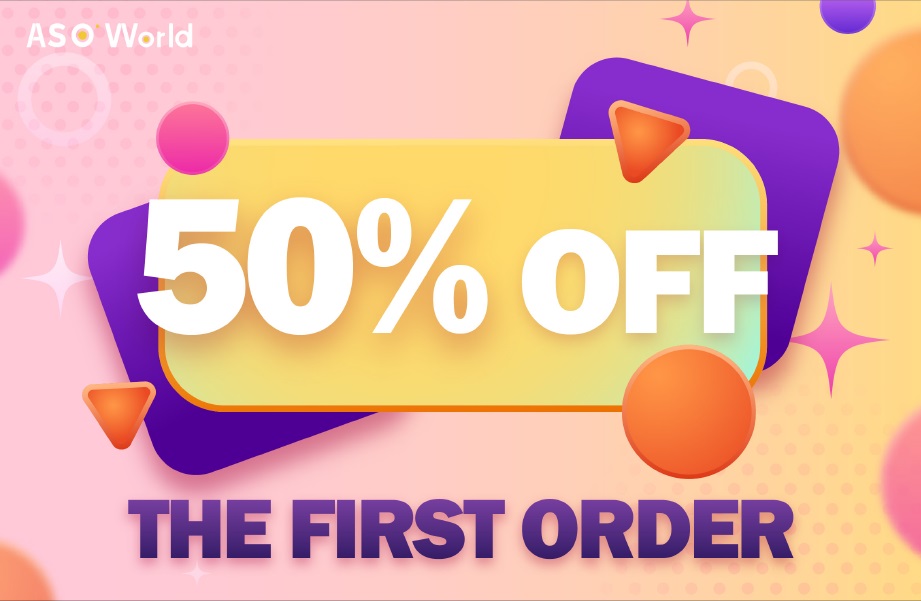How to Grow Your Sports App by Leveraging App Store Seasonality?






Learn how to protect user privacy to build trust, and benefits App Store Optimization.

User privacy protection involves safeguarding personal information that users provide when using apps or services, including data like names, email addresses, location data, and browsing history.
Effective privacy protection ensures that this data is collected, stored, and used responsibly, minimizing the risk of unauthorized access or misuse.
This blog will explain the importances of user privacy and guide developers to gain user trust through privacy protection.
App stores such as Google Play Store (Privacy Sandbox) are keeping their focuses on enhancing user privacy. 
💡 Android 15 Privacy & Security Enhancement
Protecting user privacy is not just a moral obligation but also a legal requirement in many jurisdictions.
Regulations like the General Data Protection Regulation (GDPR) in the European Union and the California Consumer Privacy Act (CCPA) mandate stringent data protection measures.
Users are more likely to trust and engage with apps that prioritize their privacy. If your apps ask for too much personal information or don't appear "safe enough" to users, they may feel offended and avoid using the apps.
So, it's crucial for app developers to show their respect and efforts toward privacy and security.
By protecting user privacy, developers can reduce the risk of data breaches and the associated legal and financial repercussions.
This proactive approach can save significant resources in the long run.
- Embed privacy policies directly within the app or provide a link in the app store description.
- Ensure that the policy is clear, easy to understand, and details the types of data collected, its usage, and any third parties with whom it is shared.
- Ask for user permissions only when necessary and explain the reasons for these requests.
- Provide options for users to control their data, such as viewing, modifying, or deleting their personal information.
- Collect and store only the data that is absolutely necessary.
- Encrypt data during transmission and storage to ensure its security even if intercepted.
- Set the app's default settings to the highest level of privacy protection.
- Provide real-time notifications within the app about data collection and usage to enhance user awareness and control.
Prioritizing user privacy can significantly enhance trust and loyalty:
Users are more likely to continue using and recommending apps that they believe protect their personal information.
While trust is built, it can significantly increase your app's user retention.
💡 App User Retention Insights: User Behavior in App Markets
Highlighting privacy features in App Store Optimization (ASO) can attract privacy-conscious users and improve app rankings.
For specific cetegories of apps such as browser apps and VPN apps, privacy-related ASO keywords can significantly impact app store visibility.
For example, keywords like"privacy protection" and "data security" can not only convince privacy-conscious users but also enhances the app's keyword ranking which benefits search traffic and downloads.
💡 How To Enlarge Your App Store Searching Traffic With Keyword Research & Keyword Optimization?
By adhering to privacy regulations and implementing robust data protection measures, developers can avoid legal penalties and financial losses associated with data breaches.
Apps known for strong privacy protections are likely to receive positive reviews and feedback, further enhancing their reputation and attractiveness to new users.

By implementing these strategies, ASO can optimize app rankings in the era of privacy protection while building user trust and loyalty.
Transparency and user control are not just technical implementations but are key to establishing long-term relationships with users.

Get FREE Optimization Consultation
Let's Grow Your App & Get Massive Traffic!
All content, layout and frame code of all ASOWorld blog sections belong to the original content and technical team, all reproduction and references need to indicate the source and link in the obvious position, otherwise legal responsibility will be pursued.